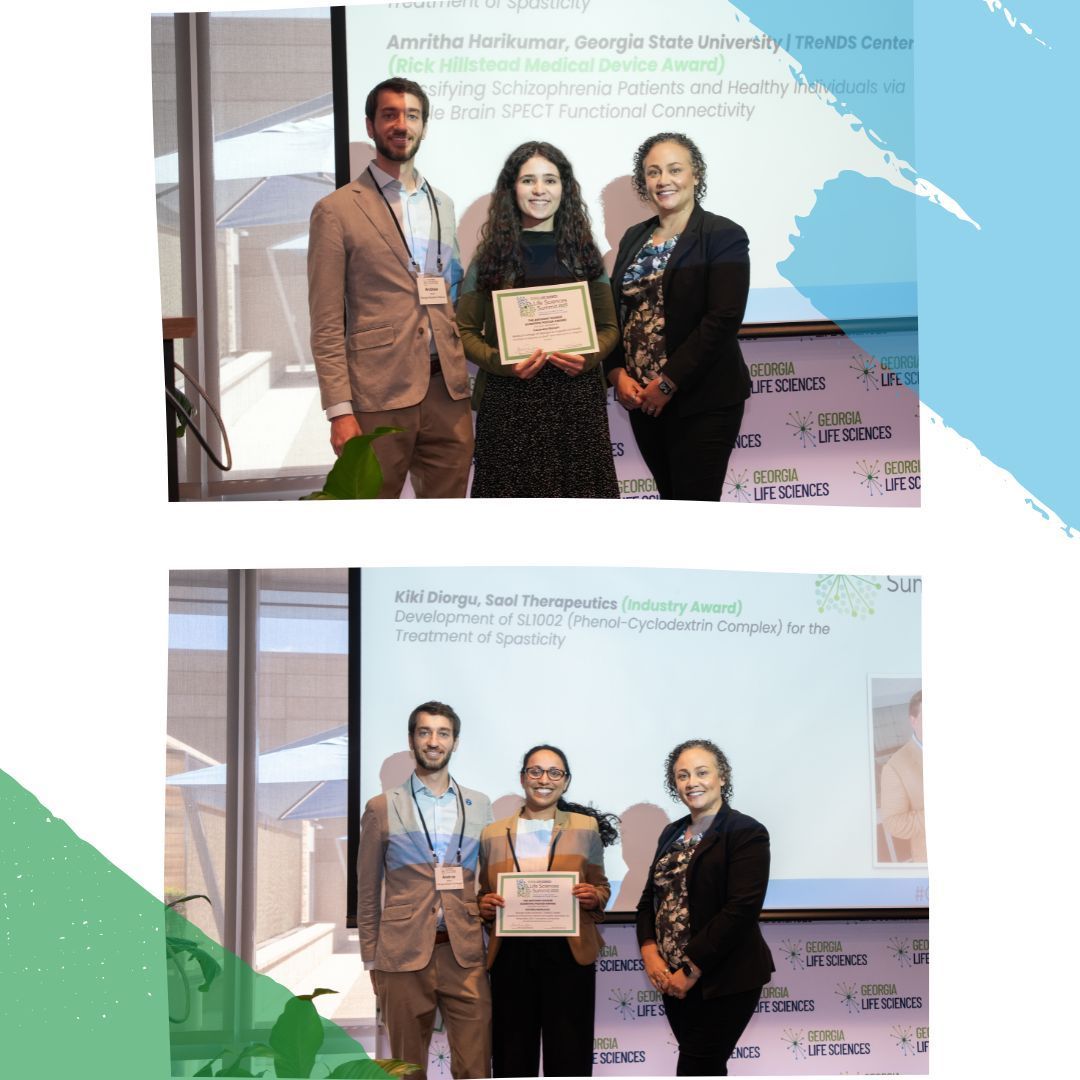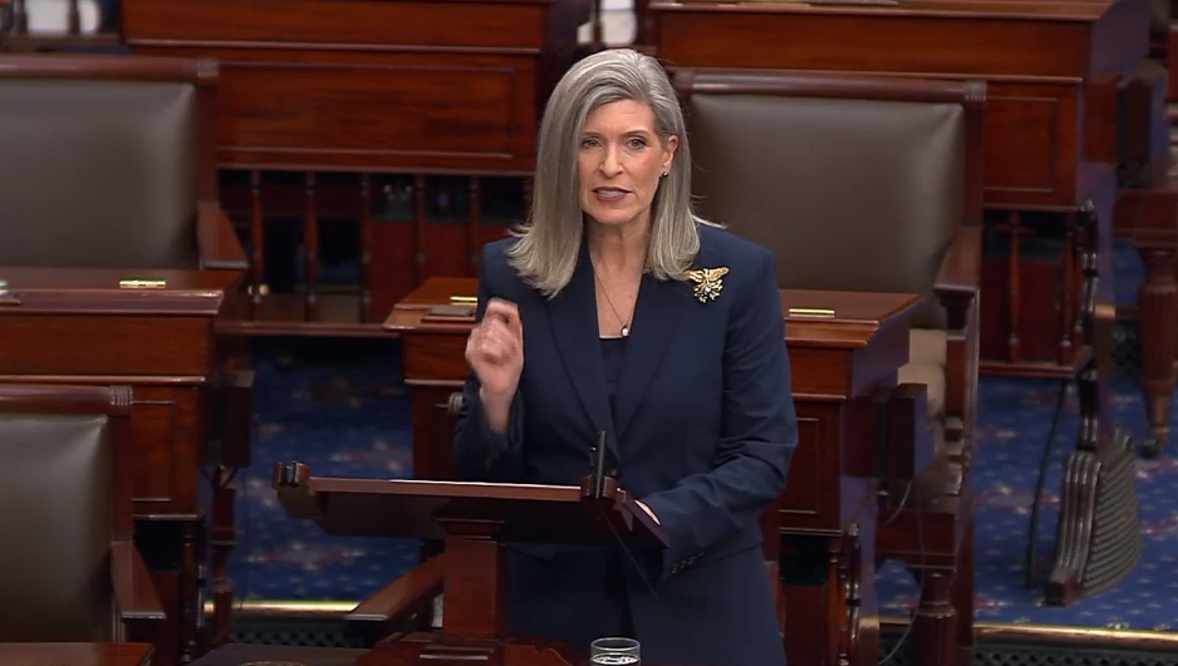2025 Georgia Life Sciences Summit Poster Session Winners
Celebrating the Next Generation of Scientific Breakthroughs in Georgia

At the 2025 Georgia Life Sciences Summit, we proudly hosted the annual Scientific Poster Session, showcasing cutting-edge research from students, academic innovators, and industry leaders across our state. The session continues to honor the legacy of Dr. Anthony Shuker, a visionary scientist and mentor who championed early-stage innovation in life sciences.
This year’s winners exemplify the creativity, rigor, and impact that Georgia’s life sciences community is bringing to patients, science, and industry:
🏆
1st Prize – Academic
Casandra Slocum, Medical College of Georgia at Augusta University
The Effect of Butyrate on Short-Term Memory in C. elegans
🥈
2nd Prize – Academic
Arpita Shome, Ph.D., University of Georgia
Surface Engineering ‘Liquid-Like’ Solid Surfaces with Endothelium Mimicking Bioactivity to Combat Biofouling
🏅
Industry Award
Kiki Diorgu, Saol Therapeutics
Development of SL1002 (Phenol-Cyclodextrin Complex) for the Treatment of Spasticity
🏅
Rick Hillstead Medical Device Award
Amritha Harikumar, Georgia State University | TReNDS Center
Classifying Schizophrenia Patients and Healthy Individuals via Whole Brain SPECT Functional Connectivity
We congratulate all of this year’s winners and participants for their outstanding contributions to scientific discovery and innovation. Your work reflects the strength and promise of Georgia’s life sciences ecosystem—and inspires us all to keep pushing boundaries in research and patient impact.





